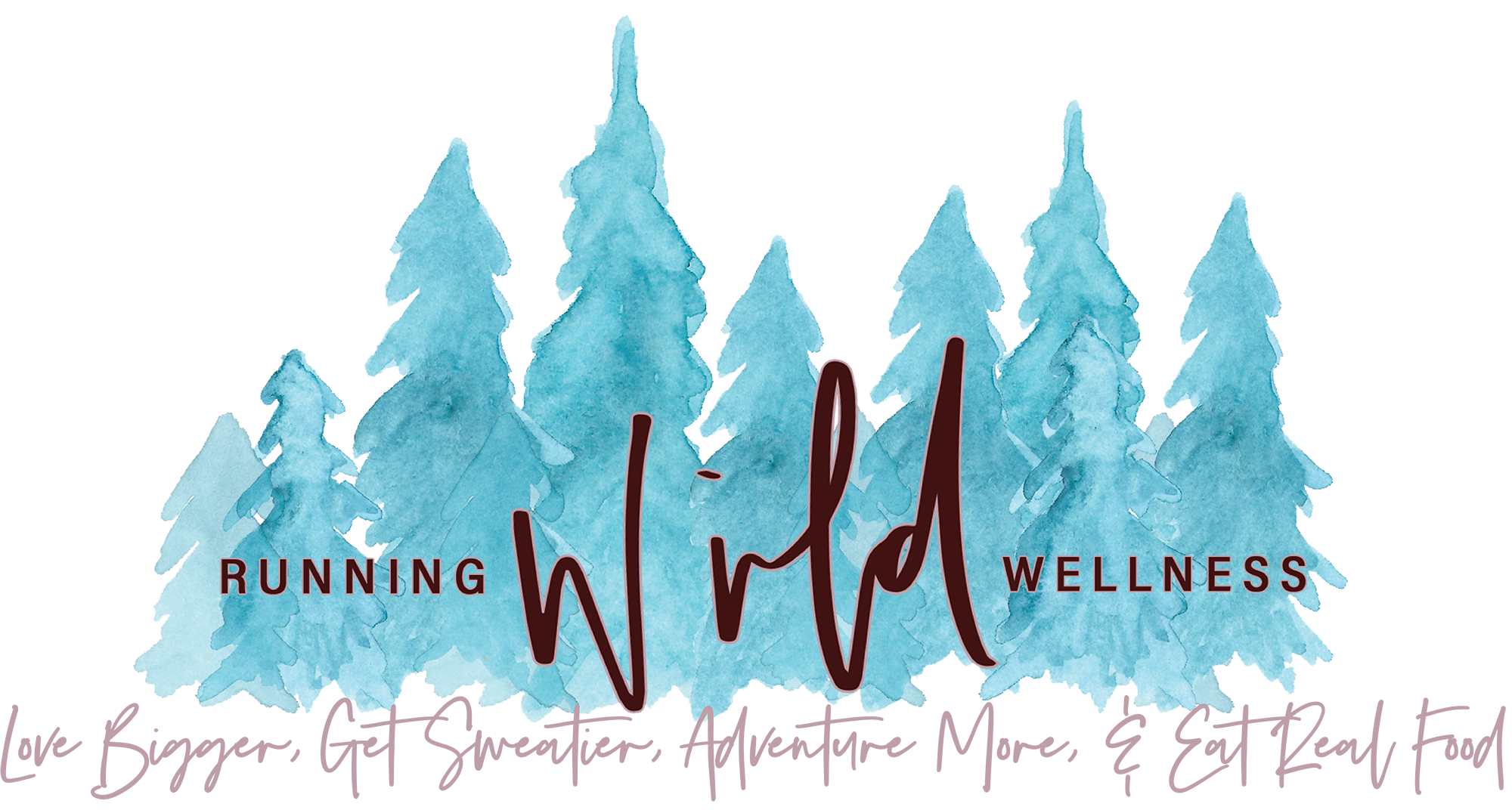My Pillars of Health: Part 1-Sleep
I know that sometimes the wellness world can be insanely overwhelming with new information being thrown at us on the daily. Should I drink matcha or coffee? What’s a weighted blanket? And what about CBD oil? I geek out over the trends (some forever keepers, some silly!) just as much as the next health freak, and there’s no doubt they can up our wellness game. But I also think it’s important to not overlook the simplicity of the foundations of a healthy lifestyle.
Adaptogens, tonics, and gadgets are all incredible tools, but what we need to bring it back to are the building blocks of health.
I believe there are four Pillars of Health that are great places to focus on when transitioning into a more healthy way of living. It’s also useful to return to these time and time again when you feel overwhelmed with what you “should or shouldn’t” be doing to obtain optimal health. This will be broken down into a 4 part series, and please don’t hesitate to reach out if you have any questions on this information you’ll be digesting!
Part 1: Sleep
I’m starting here because I think sleep isn’t as obvious as spinach or exercise. Sleep is sometimes the thing we put way down at the bottom of our priority list, after food prepping and getting work done. “Oh it’s fine, I’ll catch up on sleep when I’m dead,” is a phrase I know I’ve even said before to ease the blow of the 3 hours of shut eye that was to follow. Of course every now and then you’ll have a night when you know sleep wasn’t where it should be. But do you know that you should aim to get 7-8 hours of sleep a night? And not only does the amount of sleep matter, but the quality does too!
Getting adequate sleep affects EVERYTHING. You may have noticed that when you wake up too early after going to bed late and have a restless night, you crave sugar and carbs and feel hungry all day long. This is because we have a hormone called ghrelin, that controls our cravings for these things. When we are sleep deprived, our body actually produces more ghrelin. This causes the cinnamon roll craving upon waking and it just goes down hill from there. Thanks to another hormone called leptin, which tells us when we feel full and satiated, we also tend to eat more on less sleep because the production of leptin is increased. This is why there is a direct link between being sleep deprived and weight gain!
Sleep is also when our body builds protein to repair any damage, and when our digestive system can relax and reset. Sleep is crucial for proper system detox, and our body can’t easily do that if we aren’t giving it enough time to each night. Slacking off on proper sleep can also raise inflammation levels in the body, leading to greater risk of heart disease and diabetes. Getting adequate sleep will improve focus, help prevent brain fog, and overall allow you to be able to make better decisions.
Now you know WHY sleep is important, but what about actually making it happen?
Luckily, there are MANY things we can do to promote as many z’s as possible, and they don’t involve popping side effect ridden sleeping pills!
- Try to go to bed and wake up around the same time every day.
By doing this, you help set your body’s circadian clock. You’ll find it easier to fall asleep because your body will know when to produce melatonin to hit the hay, and when to boost cortisol in the morning to get your day started.
- Reduce the screen time before bed.
This is way easier said than done, but there is science to back up this suggestion. The blue light from our screens tricks our brain into thinking it’s day time and not wind down time. This may lead you to have difficulty falling or staying asleep, or have restless sleep tossing and turning for the first few hours of the night. Try to not get on the computer or your phone 1-2 hours before bed. I get it, this is hard! I set an alarm on my phone so I know when it’s time to put the phone down every night. It doesn’t always happen, but most of the time my phone is down by 9pm. Iphone also has a setting where you can choose to have your phone limit screen time after a certain time of the day, so it basically kicks you off!
If you absolutely must do computer work right before bed, be sure to have your laptop set to “night shift mode” where it will automatically change the display to warmer mode, making it much easier on the eyes and brain.
- Eat your last meal at least 2 hours before bedtime.
When we eat right before bed, our digestion is still hard at work and can keep us tossing and turning for hours. Eating some complex carbs with dinner can also help you fall asleep faster.l Limiting water before bed is important too so you aren’t waking up to pee at 1 am!
- Keep caffeine consumption early and low.
Caffeine is directly linked to troubles with sleep, and some people are even more affected than others. As a general rule, stick to drinking your cup of coffee or tea 10 hours before bed. I am extra sensitive to caffeine and notice a change in sleep if I consume it after around 11 am! The amount of caffeine can of course take its toll as well. If you are sipping cup after cup all day long, your cortisol levels will be through the roof and you’ll have a hard time winding down at night.
- Meditate before bed to calm your nervous system.
Meditation at night time is an easy and quick way to help you calm down and send signals to your body that it’s time to chill. Put on a guided meditation in the dark and you’ll be out before it’s even over! Headspace app has some amazing nighttime meditations and sleep sounds, as well as the Calm app (which even has a sleep story told by Matthew McConaughey, his voice is dreammyyyy).
- Manage anxiety that can interrupt sleep.
A less immediate tool for better sleep is getting a grip on the anxiety that can keep you up at night. It’s hard to fall asleep when your mind is going 100 miles an hour with worry. It’s never a bad idea to see a therapist and figure out the root cause of this anxiety. In addition to that, keep a journal by your bed if you feel the need to jot some notes down as you lay there to get them “out of your mind” so you can fall asleep.
- Bring in the use of supplements.
A supplement should never be a bandaid for the problem, but rather another tool to be used in addition to what you are already doing. Magnesium can be a wonderful supplement for sleeping. When your magnesium levels are low, you may experience restless nights or even develop insomnia. I also love using CBD oil (detailed blog on this to come!) to calm down my mind before bed and promote deep sleep.
Getting inadequate sleep can cause a domino effect and take its toll on all areas of your life! If you need guidance getting back on track with sleep, I am just an email away. Gina@runningwildwellness.com. I’d love to chat with you about health coaching program options and guide you towards optimal health!
Stay tuned next week for pillar 2!



